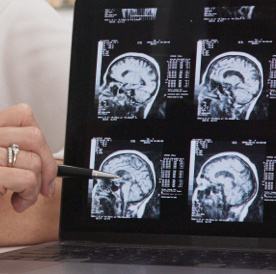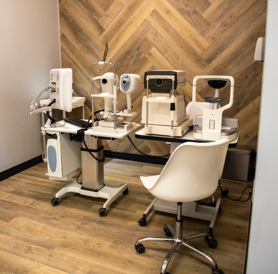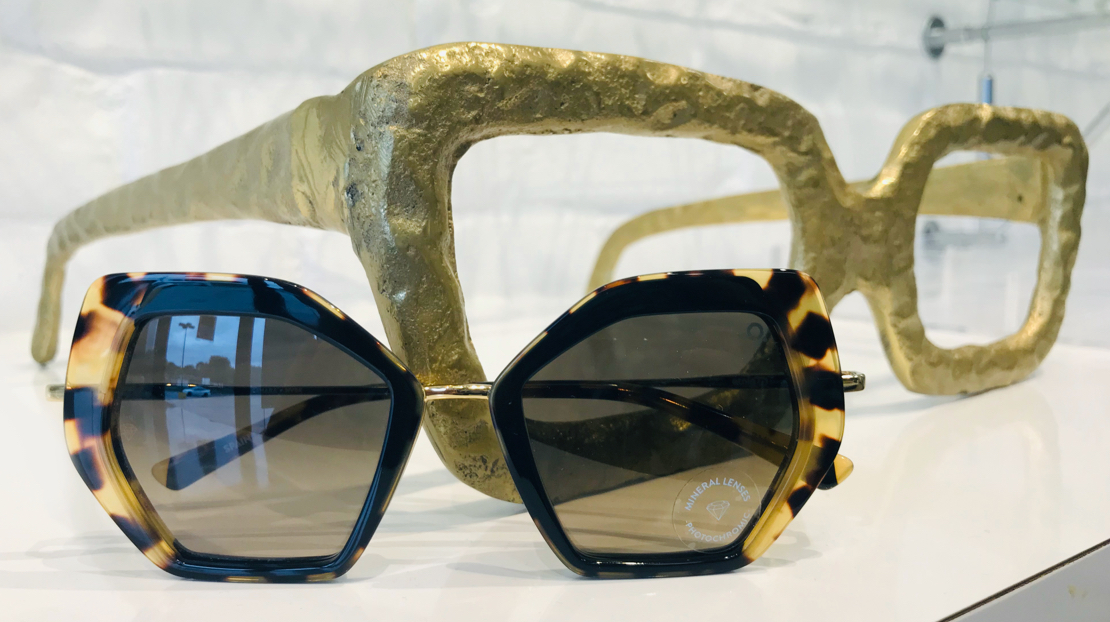Urgent Eye Care When You Need It
An eye emergency may pose a risk to your vision and requires immediate intervention. We’re here to help. However, if we are closed, please visit your nearest emergency room for care. We’ll be ready for any necessary follow-ups.
What Constitutes an Eye emergency?
If you’re experiencing any of these sudden symptoms, seek medical assistance immediately:
- Loss of vision
- Burning or stinging
- Pupils that are not the same size
- One eye is not moving like the other
- One eye is sticking out or bulging
- Eye pain
- Decreased vision
- Double vision
- Redness and irritation
- Light sensitivity
- Bruising around the eye
- Bleeding from the eye
- Blood in the white part of the eye
- Discharge from the eye
- Severe itching
- New or severe headaches
What Causes an Eye Emergency?
An eye emergency can be distressing and can be caused in any number of ways, including:
- Receiving a serious impact to the face or head
- Allergic reactions
- Chemicals in the eye
- Contact with sharp or rough objects (punctures and abrasions)
- Foreign objects stuck inside the eye

Ocular First Aid in an Emergency
It’s important to see an eye care professional to ensure your vision is cared for properly. Still, there are steps you can take in an eye care emergency to mitigate harm.
Chemicals
Always use caution when using chemical products to avoid injury or burns. You are likely aware of chemicals in your workplace, but be sure to take care around cleaners, gardening products, and aerosols at home as well.
If chemicals come into contact with your eyes:
- Wash hands with soap and water to ensure the chemical is no longer present
- Rinse your eyes with clean, cool water for 15 minutes. Even if you feel relief before then, continue to flush the eyes
- If wearing contacts, remove them
- Seek medical attention
Foreign Objects
If a foreign object has made its way into your eye, do not rub your eye. Rubbing can cause more severe damage. Flush your eyes with water, and if that doesn’t remove the debris, seek medical attention.
Never attempt to remove a foreign object with tweezers or your fingers. This can exacerbate any damage.
Should the object in your eye be too large or won’t be flushed, do your best to restrict eye movement. Cover the eye with gauze, a clean cloth, or a paper cup until you can see one of our optometrists or an emergency room doctor.
Trauma
An injury, blow to the head or face, or other trauma can affect your vision and eye health. The eyes are filled with delicate blood vessels, so any blunt force to the area can cause significant damage.
If you suffer trauma to the eye, apply a cooling ice pack to the area. Be sure to use gentle pressure.
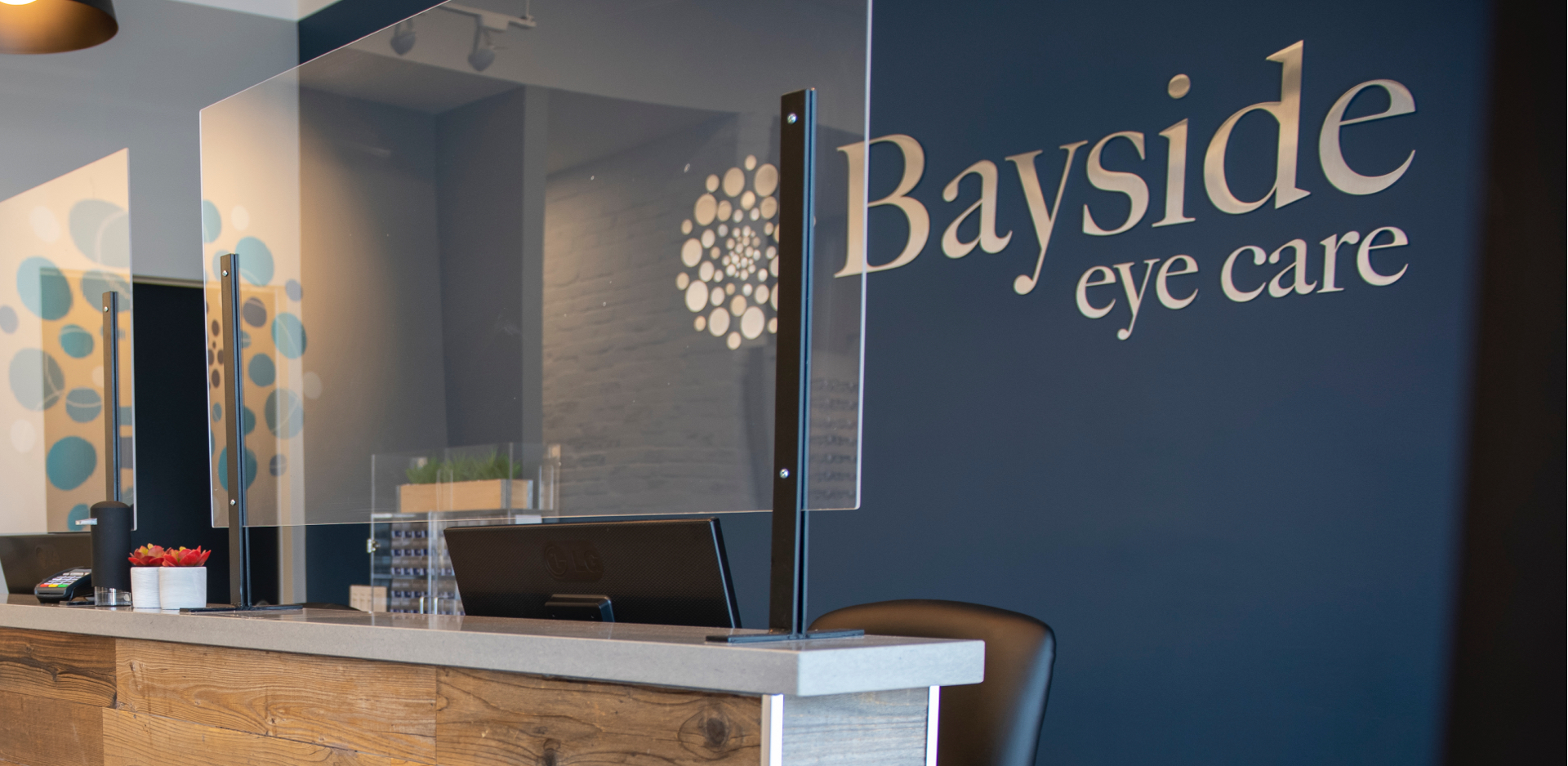
Our Location
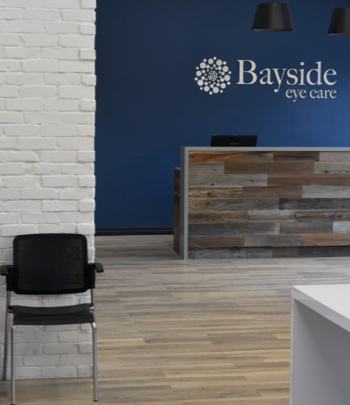
Visit Us
Just off Leacock Drive, find us in the strip mall next to O’Sullivan Animal Hospital.
- Phone: 705-728-3396
- 420 Leacock Drive, Unit I
- Barrie, ON L4N 5G5
Hours of Operation
- Monday: 9:00 AM – 5:00 PM
- Tuesday: 9:00 AM – 5:00 PM
- Wednesday: 9:00 AM – 5:00 PM
- Thursday: 9:00 AM – 5:00 PM
- Friday: 9:00 AM – 3:00 PM
- Saturday: Closed
- Sunday: Closed
Extended hours appointments available by appointment only.



See Our Google Reviews

OUR BLOG
Vision Therapy for Strabismus
Vision TherapyVision therapy is an effective, noninvasive treatment option that helps retrain the eyes and brain to work together more efficiently. […]
How Long Does Eye Strain Last?
Digital Eye StrainDry EyeEye HealthDigital eye strain tends to last for a few hours. In the meantime, it helps to take a break and rest your eyes—try avoiding screens where possible and regularly focusing your eyes at different distances. This gives them a much-needed rest.
[…]
Glaucoma vs Cataracts: What’s the Difference?
Eye ConditionsEye Health Glaucoma and cataracts are two of the most frequent eye issues, but they differ significantly in their causes, symptoms, and treatments.
[…]
Vision Therapy for Strabismus
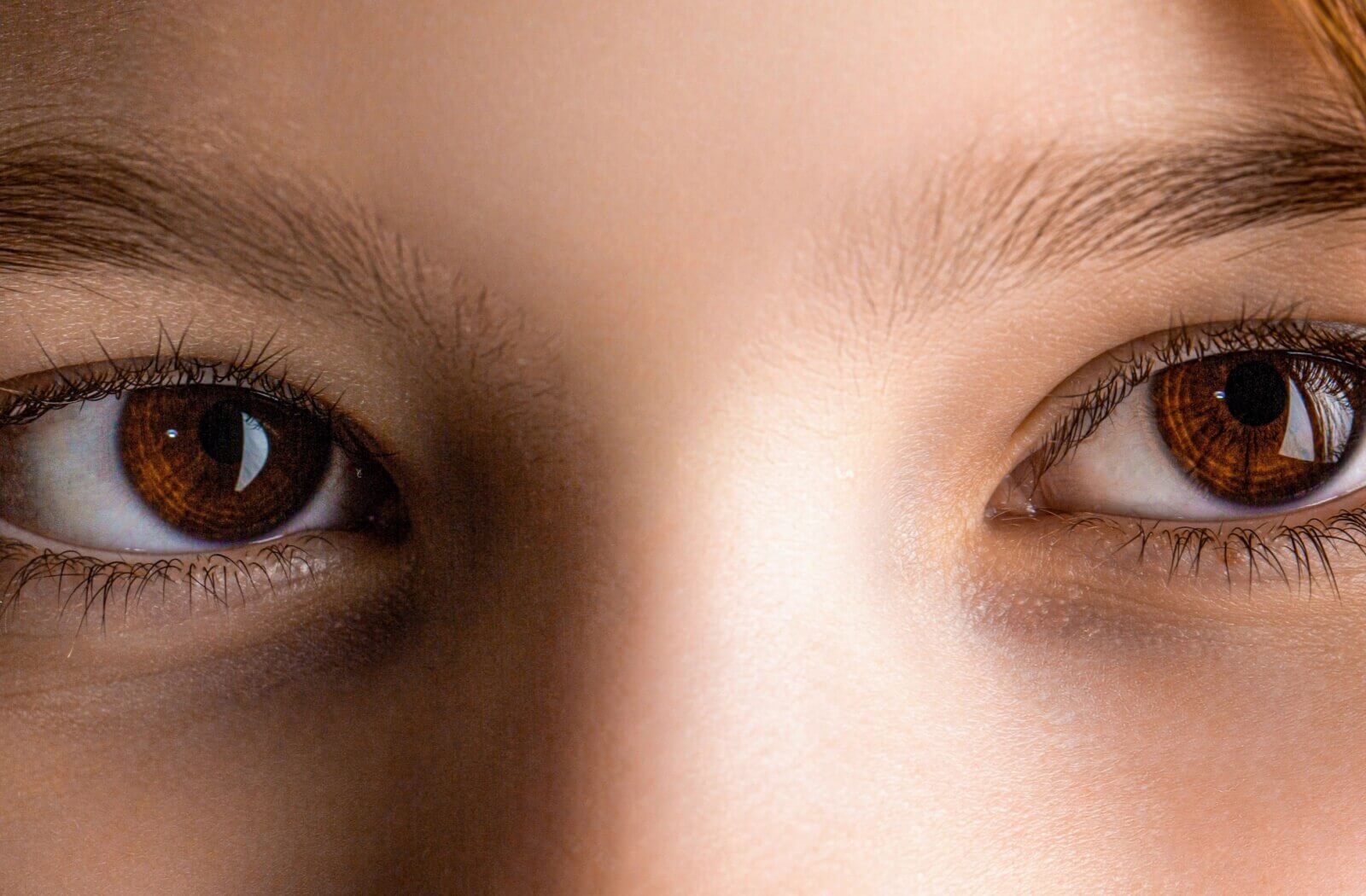
Vision therapy is an effective, noninvasive treatment option that helps retrain the eyes and brain to work together more efficiently. […]
How Long Does Eye Strain Last?
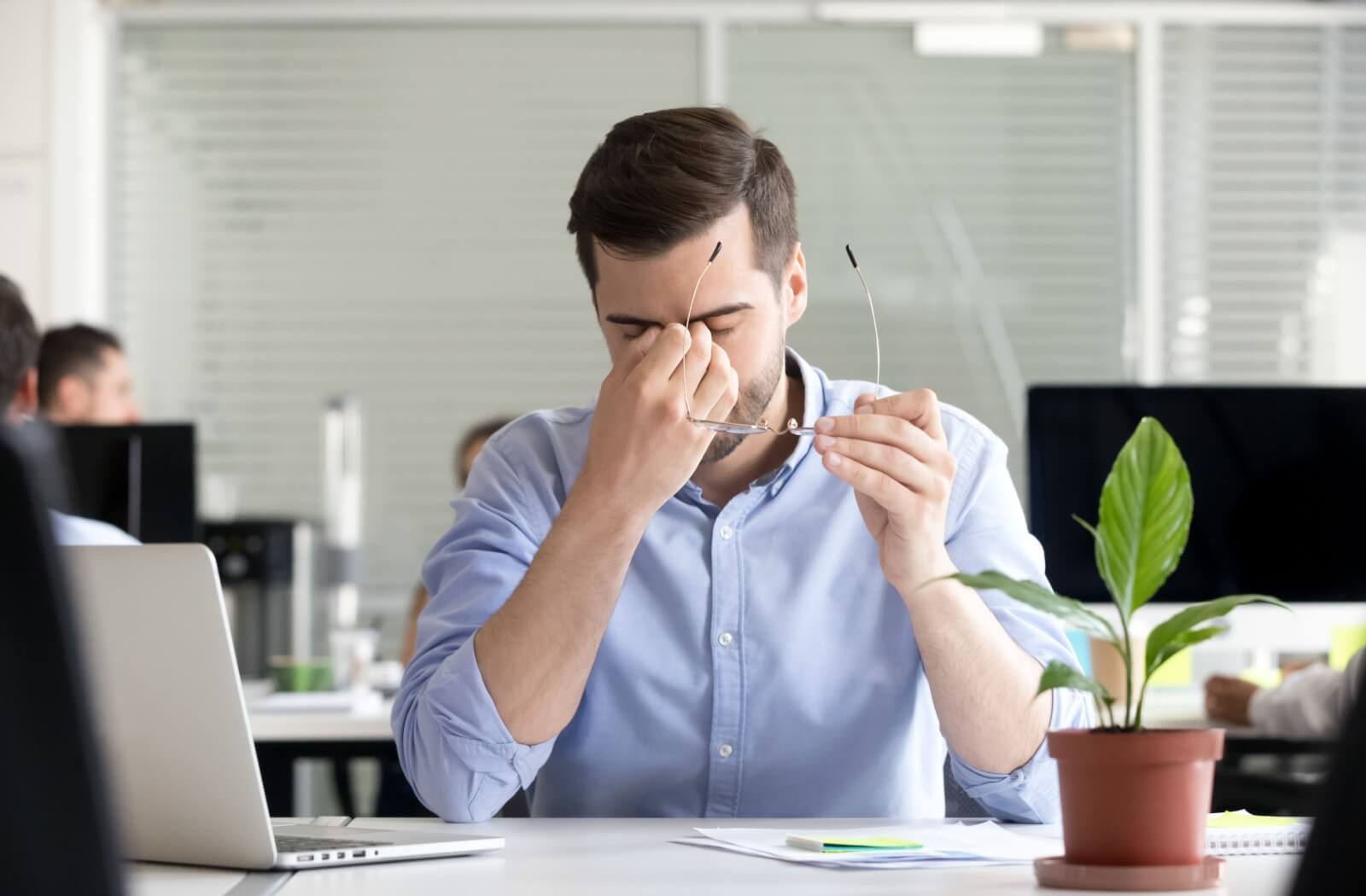
Digital eye strain tends to last for a few hours. In the meantime, it helps to take a break and rest your eyes—try avoiding screens where possible and regularly focusing your eyes at different distances. This gives them a much-needed rest.
[…]
Glaucoma vs Cataracts: What’s the Difference?
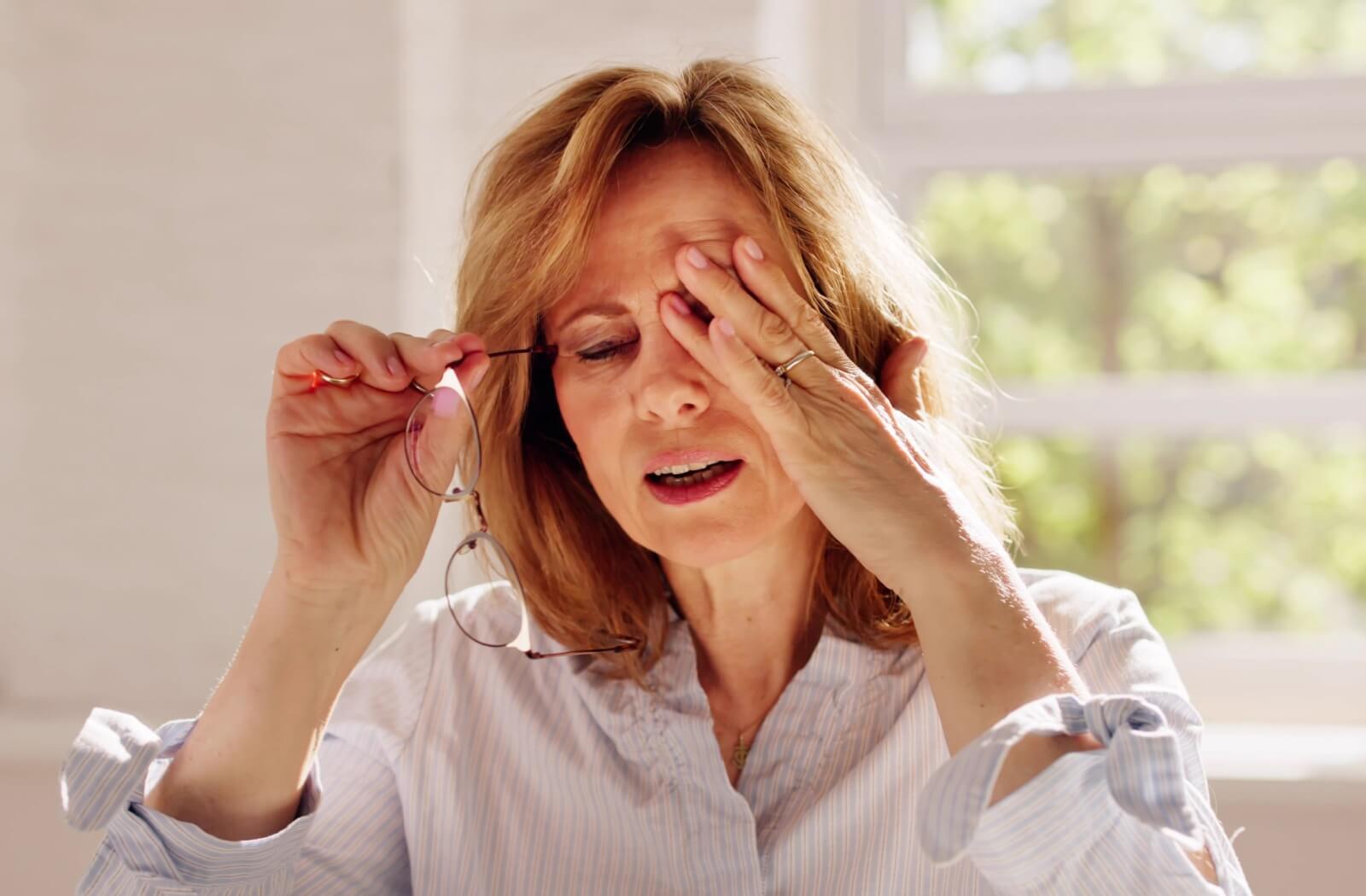
Glaucoma and cataracts are two of the most frequent eye issues, but they differ significantly in their causes, symptoms, and treatments.
[…]



